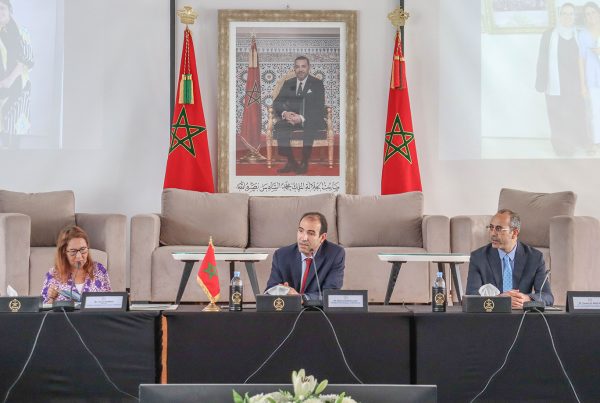By Abbas Safdar

Author is an intern at the OICOA Member Institute (Federal Tax Ombudsman of Pakistan). He is currently an undergraduate law student at Bahria University.
The history of ombudsman dates to QIN dynasty China 221 BC, but the modern ombudsman was first established in Sweden in 1809. The concept of ombudsman institution in Asia was first adopted by India known as LOK AYUKTA in 1972 and later in Pakistan the national ombudsman WAFAQI MUHTASIB was established in 1983. Most national ombudsman were established by an Act, moreover the national ombudsman commission of Indonesia was established by presidential decree NUMBER 44 OF YEAR 2000 and then later this commission was ultimately replaced and superseded by a permanent institution established by ARTICLE 41 OF LAW NUMBER 37 OF 2008 known as Ombudsman Republik Indonesia.

The Ombudsman Republik Indonesia plays a crucial role in overseeing work performance of public sector offices across nation. Handling complaints, investigating maladministration and promoting good governance also comes under the ambit of Ombudsman Republik Indonesia. The ombudsman has the duty to ensures the welfare and well-being of general public under the legal maxim of “Salus populi suprema lex esto” which means “The welfare of the people shall be the supreme law”.
Rice being stable crop of Indonesia hold a special place in the heart of Indonesia, the importance of rice in culture is demonstrated through the reverence of DEWI SRI, a rice goddess of ancient Java and Bali. Rice makes up most of the local diet, the availability of rice directly affects the happiness ratio of general public as it is used in almost all dishes.

In the recent press release the honorable member of ombudsman acknowledged that rice, which is a stable crop in Indonesia, its price hiked by 19.12 percent which puts a massive strain on financial stability of state, further the honorable member of ombudsman stated that the government did not meet all 12 requirements under FOOD LAW 12 OF 2012. The honorable member of ombudsman Yeka conducted sudden inspections of rice price monitoring after the relaxation of the Highest Retail Price (HET) of Premium Rice. As a result of which ombudsman saw the supply of rice becoming available again in the market. Honorable member of ombudsman Yeka also conducted inspections and raids among warehouses in Jakarta as well to ensure that there are no impromptu lobbies that cause a hike in the prices of rice across state. The member of ombudsman provides an input that government is no longer using the 100 percent self-sufficiency jargon. The honorable member of ombudsman warned that the welfare of citizens should be the top priority and there should be transparent decision making in matters related to food security.
Member of ombudsman Yeka Hendra Fatika’s recent inspection revealed inconsistencies in the pricing and availability of premium rice in retail markets, despite the relaxation of the Highest Retail Price (HET). He also noted the need for better regulation of prices at the consumer level and more effective distribution of rice through the Supply Stabilization and Food Prices (SPHP) program. Yeka emphasized the importance of government support for Perum Bulog, the state-owned logistics agency, in maintaining rice supplies and stabilizing prices, especially after the cessation of food assistance in June 2024. He also advocated for a long-term strategy for rice imports to ensure food security in Indonesia.






